
Laravel is full of hidden gems, undocumented or less-known features, functions parameters and "hacks". While finding them in work of my team, I decided to compile them into an ebook....

The fact that current compact cameras produce good (or at least, adequate) pictures in most photographic situations is at the root of this book. The main aim of the book is to show how such a camera can be operated and its controls tweaked to cover many different photographic conditions and requirements. (To put it another way, the chief goal of th...
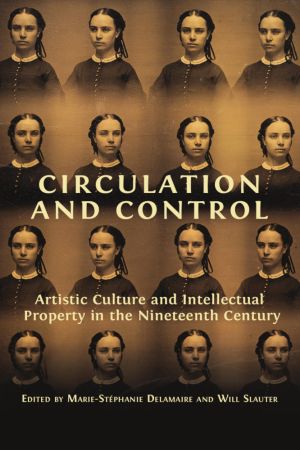
The nineteenth century witnessed a series of revolutions in the production and circulation of images. From lithographs and engraved reproductions of paintings to daguerreotypes, stereoscopic views, and mass-produced sculptures, works of visual art became available in a wider range of media than ever before. But the circulation and reproduction of a...

In Horos, Thea Potter explores the complex relationship between classical philosophy and the 'horos', a stone that Athenians erected to mark the boundaries of their marketplace, their gravestones, their roads and their private property. Potter weaves this history into a meditation on the ancient philosophical concept of horos, the foundat...
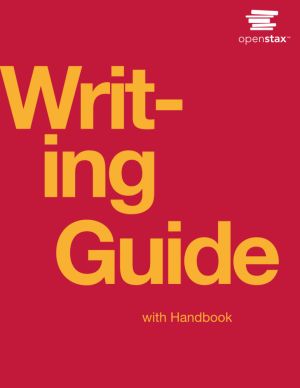
Writing Guide with Handbook aligns to the goals, topics, and objectives of many first-year writing and composition courses. It is organized according to relevant genres, and focuses on the writing process, effective writing practices or strategies - including graphic organizers, writing frames, and word banks to support visual learning - and conven...
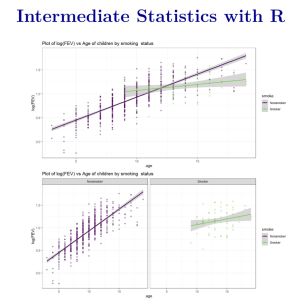
Introductory statistics courses prepare students to think statistically but cover relatively few statistical methods. Building on the basic statistical thinking emphasized in an introductory course, a second course in statistics at the undergraduate level can explore a large number of statistical methods. This text covers more advanced graphical su...
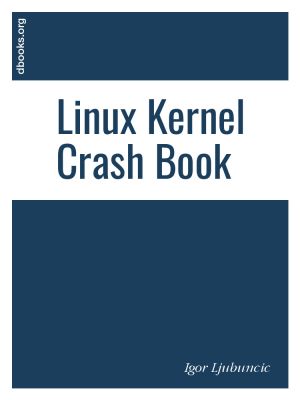
Linux crash analysis - this is a subject that has lots of unanswered mail threads and plain text documents scattered all over the place, inaccessible to almost everyone, save the tiny percentage of super geeks.
My personal and professional interest in the last three years has taken me down the path of Linux kernel secrets, all the way into assem...
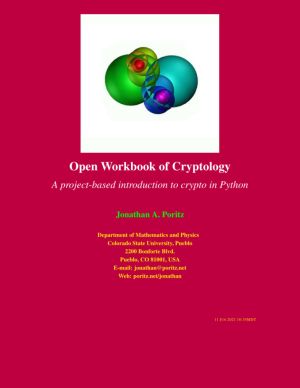
Everyone needs a little cryptology.
The problem with crypto is that it has a reputation of being very hard and mysterious, as well as very easy to get wrong. While there are aspects of crypto that are connected to quite modern and complex theories - such as number theory, an old and deep branch of mathematics; complexity theory, a new(er) and su...
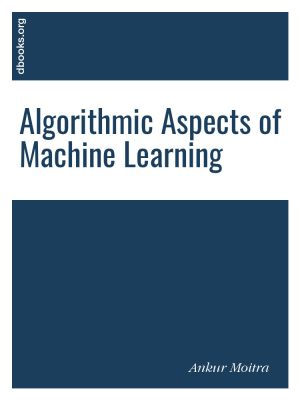
This course is organized around algorithmic issues that arise in machine learning. Modern machine learning systems are often built on top of algorithms that do not have provable guarantees, and it is the subject of debate when and why they work. In this class, we focus on designing algorithms whose performance we can rigorously analyze for fundamen...
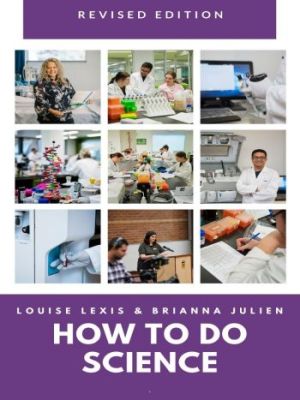
How To Do Science has been written for students of the life sciences who are actively engaged in the scientific process. This guide introduces you to what it means to be a scientist. You will learn about the scientific method and how to carry out many tasks of a scientist, including: designing experiments, visualising data, accessing scientific lit...
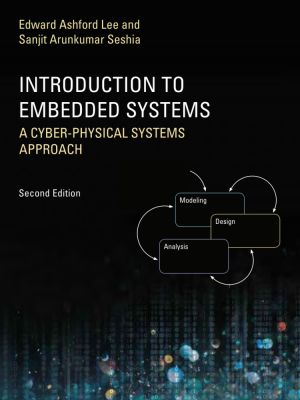
An introduction to the engineering principles of embedded systems, with a focus on modeling, design, and analysis of cyber-physical systems.
The most visible use of computers and software is processing information for human consumption. The vast majority of computers in use, however, are much less visible. They run the engine, brakes, seatbelts,...

What does it mean to be a scientist working today; specifically, a scientist whose subject matter is human life? Scientists often overstate their claim to certainty, sorting the world into categorical distinctions that obstruct rather than clarify its complexities. In this book Daniel Nettle urges the reader to unpick such distinctions - biological...

Creating landscapes of investigation is a primary concern of critical mathematics education. It enables us to organise educational processes so that students and teachers are able to get involved in explorations guided by dialogical interactions. It attempts to address explicit or implicit forms of social injustice by means of mathematics, and also...
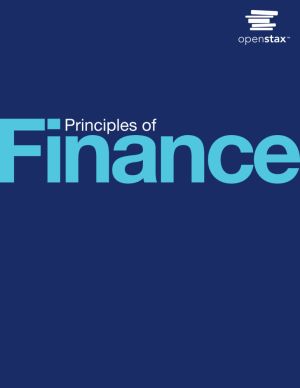
Principles of Finance is targeted at the core finance course for undergraduate business majors. The book is designed for conceptual accessibility to students who are relatively early in their business curriculum, yet it is also suitable for more advanced students. Due to the wide range of audiences and course approaches, the book is designed to be ...
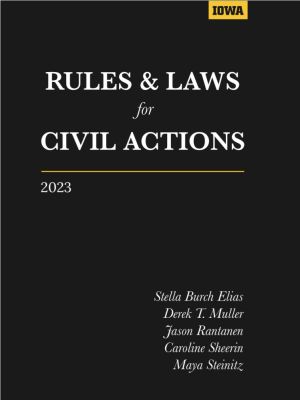
Rules and Laws for Civil Actions is an open-access resource for law students containing the U.S. Constitution, Federal Rules of Civil Procedure, Federal Rules of Evidence, Federal Rules of Appellate Procedure, and selected federal and state statutes. The book was created by a team of faculty members at the University of Iowa College of Law to suppl...

This book is an introduction to the language of systems biology, which is spoken among many disciplines, from biology to engineering. Authors Thomas Sauter and Marco Albrecht draw on a multidisciplinary background and evidence-based learning to facilitate the understanding of biochemical networks, metabolic modeling and system dynamics.
Their pe...
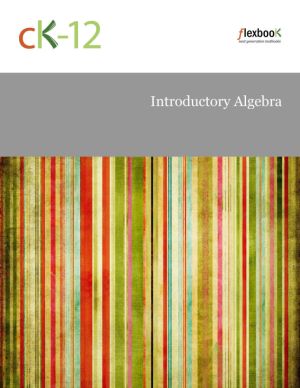
In order to represent real life situations mathematically, we often use symbols to represent unknown quantities. We call these symbols variables. Each mathematical subject requires knowledge of manipulating expressions and equations to solve for a variable. Careers such as automobile accident investigators, quality control engineers, and insurance ...
